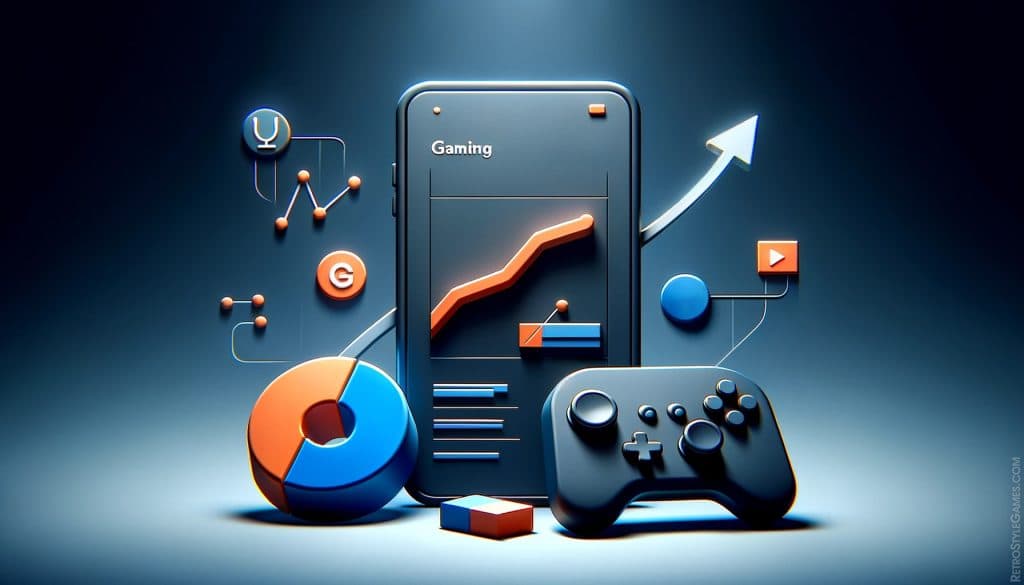Browser games have long ceased to be just entertainment for a single player. Today, multiplayer capabilities and social interactions form a key part of the gaming experience, turning simple browser projects into full-fledged platforms for communication and joint leisure. This is especially noticeable in the era of technological development and increased internet accessibility, which has made online gaming a mass phenomenon worldwide, including in Portugal.
One of the main reasons for the popularity of multiplayer in browser games is the ability to quickly and easily immerse oneself in the gameplay together with other users without complicated installations. Players get a chance not only to compete but also to cooperate, creating communities, alliances, and teams. Such a social component makes the game more dynamic and lively, as well as contributes to long-term audience retention. An important trend in recent years has been the integration with social networks, which facilitates inviting friends, sharing achievements, and organizing joint events.
The development of web technologies such as WebSocket and WebRTC has allowed browser games to provide almost instantaneous communication between players, which is critical for a comfortable multiplayer experience. Previously, due to technical limitations, browsers were limited in real-time interaction capabilities, but now this is almost comparable to classic client games. Moreover, the emergence of cloud gaming platforms and progressive web applications (PWA) enhances the potential of browser gaming by offering stability and high quality.
Social Aspects Beyond Gameplay
Social aspects in browser games go far beyond simply playing levels together. Players exchange advice, strategies, participate in discussions, and even form new friendships and business connections. Online communication, whether through built-in chats, voice channels, or forums, becomes an integral part of the gaming process. For many players, such communication is more valuable than the game itself, as it helps create a sense of belonging to a community and a feeling of teamwork. This is especially important for those looking to meet new people or maintain contact with friends at a distance.
The impact of multiplayer and social features on gaming cannot be underestimated. Games have ceased to be just a way to pass time and have become a powerful tool for socialization and development of communication skills. This is particularly relevant for young players who, through online games, learn to work in teams, plan actions, and resolve conflicts. In addition, successful browser games with multiplayer capabilities attract investors and stimulate industry development, leading to the emergence of higher quality and more diverse content.
Interestingly, modern browser games actively use elements of social gamification, including rankings, achievements, and in-game events, which additionally motivate players to interact with each other. Some projects even implement economic models that allow earning real money or in-game currency through joint activities, trade, and exchange. This creates an additional incentive for player unification and deeper engagement.
In Portugal, where internet penetration and the use of digital technologies are steadily growing, browser multiplayer games are becoming increasingly popular. Local gaming communities are active on social networks and messengers, which contributes to the rapid spread of new releases and the organization of tournaments. Local developers also strive to integrate social features into their projects, taking into account player preferences and global market trends. This helps maintain interest and diversity, as well as attract both newcomers and experienced gamers.
Despite all the advantages, multiplayer and social aspects in browser games also bring challenges. These include security issues, protection of personal data, and prevention of toxic behavior. Platforms are forced to implement moderation systems, content filtering, and tools to block offenders. This is especially relevant for games with a young audience, where a friendly and supportive atmosphere is important. Nevertheless, advances in artificial intelligence and automated systems significantly improve these mechanisms.
In conclusion, multiplayer and social interactions have radically changed the face of browser games, turning them from a simple entertainment platform into a full-fledged space for communication and joint creativity. Technological progress, growing player demands, and the social significance of online games continue to drive the development of this segment. For players in Portugal and around the world, browser multiplayer is becoming not only entertainment but also a way to expand social circles, acquire new skills, and feel part of a global community.
